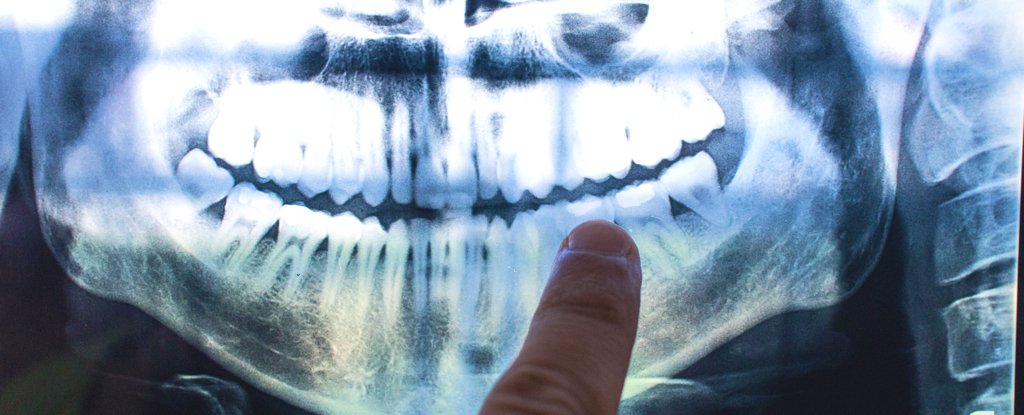
August 05, 2024
Most of The UK Predicted to Have Dental Disease by 2050, Study Finds
If you are experiencing any dental pain at home we have provided this guide with some useful tips to support you until you can see your dentist.
The most common dental problem people typically face is toothache. If you’re experiencing dental pain, we recommend you follow this advice:
Wisdom tooth pain is another common dental problem which you can usually help relieve at home. We recommend you:
If you have an extremely sensitive tooth and are in discomfort, again as with toothache, we would recommend that you avoid any foods which are either very hot or cold, like ice cream or hot drinks, as well as any foods which are acidic or sugary. These can aggravate sensitive teeth.
Continue to floss and brush your teeth as thoroughly as you can and rub sensitive toothpaste, such as Sensodyne or Colgate Prorelief, directly onto the affected area. You can use normal toothpaste if you don’t have a sensitive one.
Painful or bleeding gums isn’t a dental emergency and is usually caused by gum disease. It can be stopped by improving your overall oral health. Make sure you clean in between your teeth with floss or interdental brushes and follow up with a thorough toothbrush clean twice a day with a fluoride toothpaste.
If you’re experiencing a sharp pain when biting down, avoid hard foods such as nuts or sweets. You should also avoid foods which require a lot of chewing such as baguettes or tough meats. Try to use the other side of your mouth for chewing where you can.
Take over-the-counter painkillers such as paracetamol to help relieve the pain if you need to.
Sharp pain when biting down could be caused by tooth decay, a loose filling or a crack in your tooth. It might also mean there’s damage to the pulp tissue inside your tooth, which could require treatment, such as a root canal.
If you experience sharp pain when biting, you should book an appointment with your dentist when they’re reopen for routine dental care, so they can provide a long-term solution.
You should contact your dentist if you have any kind of facial swelling. If the swelling is minor, your dentist may be able to prescribe you antibiotics over the phone. You can also:
If the above doesn’t bring down the swelling or it extends up to the eye, along your mouth, or down your neck, contact your dentist urgently.
Mouth ulcers can usually be treated at home and should heal after 10 days. If you have a mouth ulcer and want to relieve pain, you should:
If the ulcer hasn’t healed after two weeks, it could be a sign of something more serious. Contact your local practice as soon as possible for further advice.
If you’ve recently had a dental extraction, it’s normal to experience some pain, especially in the three or four days. It’s vital to:
It’s also normal to experience some blood in your spit or oozing from the site of the extraction. If the socket is bleeding freely, bite down hard on a clean hankie or a gauze if you have one for 20 minutes. If the bleeding hasn’t stopped, call your local practice as soon as possible.